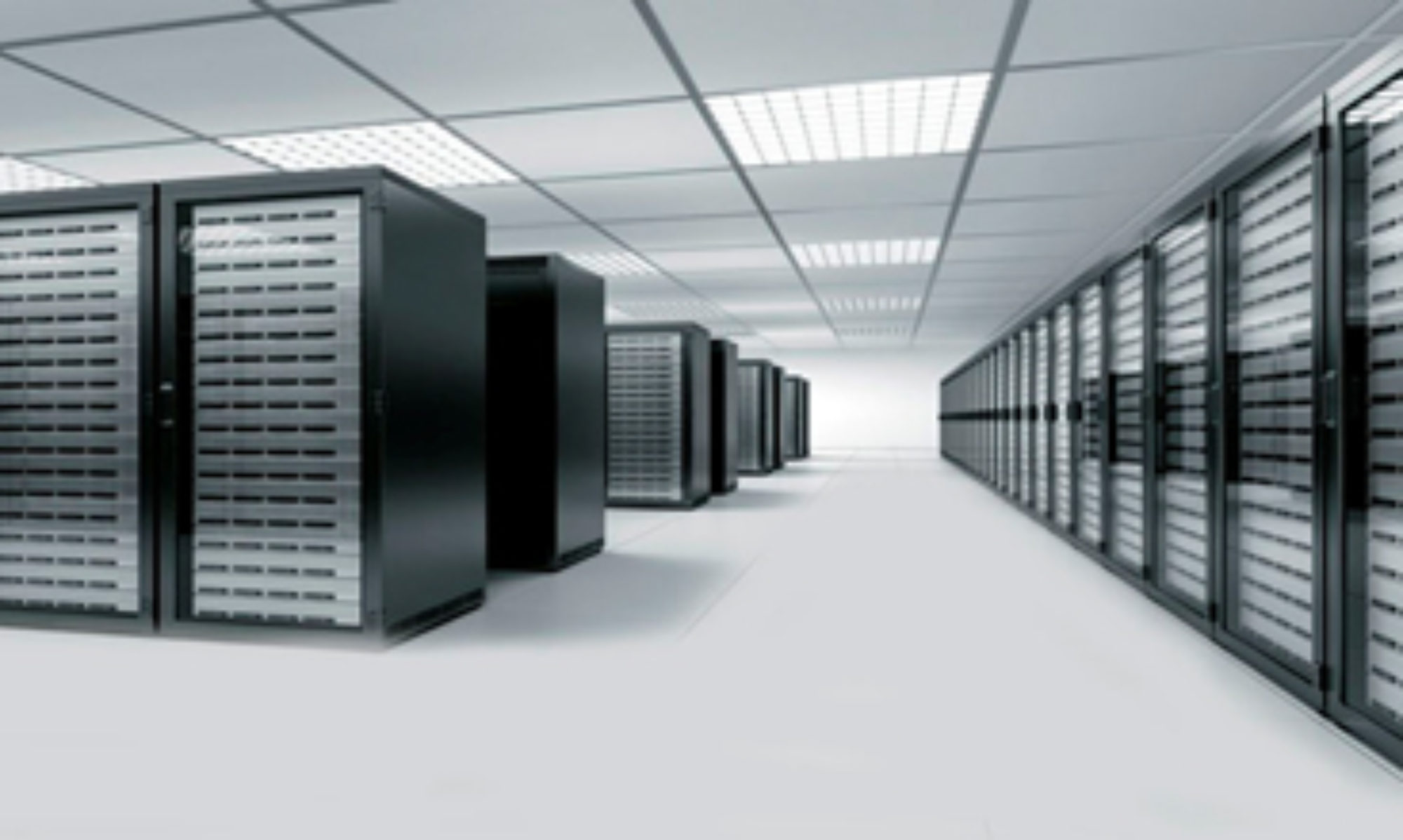Given the buzz about big data and conversations or confusion around clouds along with virtualizing virtually anything possible, Green IT has fallen off the Buzzword Bingo Bandwagon.
Green IT like so many other buzzwords and trends typically go through a hype cycle before getting tired, worn out, or disillusioned (see here and here). Often these buzzwords will go to Some Day Isle for some rest and recuperation before reappearing later as part of a second or third buzzword wave either making it to broad adoption which means the plateau of profitability (for vendors or vars) and productivity (for customers) or disappearing.
Some Day Isle for those not familiar with it is a visional or fictional place that some day you will go to, a wishful happy place so to speak that is perfect for hyperbole R and R. After some R and R, these trends, technologies or techniques often reappear well rested and ready for the next wave of buzz, FUD, hype and activity.
Keep in mind that industry adoption (e.g. everybody is talking about it) can differ from industry deployment (e.g. some people have actually paid for, deployed and using the technology) to broad customer adoption (e.g. many people are actually paying for, deploying and using the technology on a routine basis).
Confusion still reigns around Green IT not surprising given the heavy dose of Green Washing that has occurred.
Consequently Green IT themes or pitches often fall on deaf ears as people have either become numb or ignore the Green washing hype or FUD. For example many people will skip reading this post because the word Green is in the title assuming that it is another CO2 or related themed piece missing out on the other themes or messages here. Unfortunately as I have discussed in the past, there remains a Green Gap that results in missed opportunities for vendors, vars, service providers, IT organizations along with those who would like to see environmental benefits or change.
Another example of a Green gap is messaging around energy avoidance as being efficient vs. using energy in a more productive or effective manner (doing more work with the same or fewer resources) shown in the figure below.

Expanding focus from energy avoidance to energy usage effectiveness
In routine conversations with IT professionals it is clear that the Green Gap and thus missed opportunities will continue for some time until the business and economic values of efficient, effective, smart and productive IT are understood to have environmental benefits as a by product and thus being Green. Watch for more missed messaging around CO2 and related themes popular with so called Greenies (or if you prefer environmentalists) that miss the mark with most business and IT organizations.
Business and thus IT are driven by economics and as such will invest where they can reduce complexity and costs, become more efficient and effective while increasing productivity and reducing waste by working smarter. In other words, by changing how information services are delivered in a smarter more effective efficient manner maximizes what resources are used enabling more to be done in a denser footprint (budget, people staffing, management, power, cooling, floor space) that have positive environmental benefits. Put another way, a benefit for IT organizations to remove complexity results in lower costs, by becoming more efficient and effective reducing waste results in better productivity and fewer missed opportunities meaning enhanced profits. The net result is that environmental concerns get a free ride or being funded as a result of IT organizations improving their productivity which of course should have a business benefit.

Wheel of Opportunity: Various techniques and technologies for infrastructure optimization
Efficient and effective IT (aka the other Green IT) that links to common technology and business issues with the benefit of helping the environment can be accomplished using a combination approaches. The approaches for enabling an efficient, effective, smarter and productive IT environment includes from a generic perspective various technologies, techniques and best practices shown in the wheel of opportunity figure.
For example:
- Best practices, policies and procedures, streamlined work flows
- Metrics and measurements for end to end (E2E) management insight
- Mask or move issues (to the cloud or elsewhere)
- Consolidate where possible or practical (virtualized, ssd, fast servers)
- Reduce your data footprint impact using data footprint reduction (DFR)
- Tiered servers, storage and networks
- Energy avoidance (avoiding doing something)
- Energy efficiency (doing more with what you have)
- Power, cooling, HVAC and alternate energy
- E-waste, EHS, RoHS, etc
- Leverage financial incentives and rebates
Here are some related links for additional reading:
- What are the top 10 Green IT Strategies?
- Green IT, Green Gap, Tiered Energy and Green Myths
- Happy Earth Day 2011!
- Happy Earth Day 2010!
- Closing the Green Gap
- Green IT goes mainstream, what about storage?
- Shifting from energy avoidance to energy efficiency and effectiveness
- The new green data center: From energy avoidance to energy efficiency and effectiveness
- Saving Money with Green IT: Time To Invest In Information Factories
- PUE, Are you managing power, energy or IT productivity
- Green IT Confusion Continues, Opportunities Missed!
Also check out my book for enabling efficient, effective and smart IT The Green and Virtual Data Center (CRC) including a free sample chapter download here.
Ok, nuff said for now, go hug a tree, your computer, hybrid car, droid, ipad or whatever suits your needs.
Cheers gs
Greg Schulz – Author Cloud and Virtual Data Storage Networking (CRC), The Green and Virtual Data Center (CRC), Resilient Storage Networks (Elsevier)
twitter @storageio
All Comments, (C) and (TM) belong to their owners/posters, Other content (C) Copyright 2006-2011 StorageIO and UnlimitedIO All Rights Reserved
